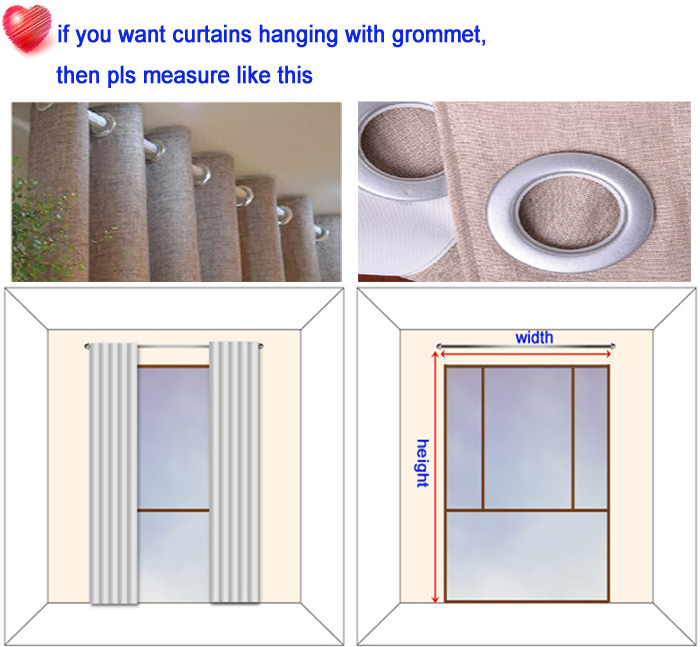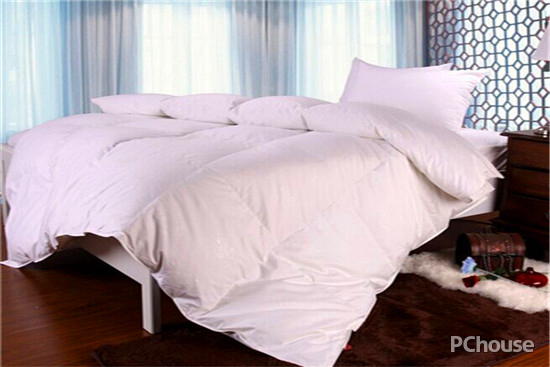Do Curtains Count as Fixed Assets?
Do Curtains Count as Fixed Assets? It depends. Curtains are often considered to be fixed assets if they are installed in a building and are designed to provide protection, privacy, or decoration. These curtains are usually part of the interior design of a commercial or residential property and are not easily moved or changed. However, if curtains are purchased as standalone items and are not intended to be installed in a building, they may not be considered fixed assets. For example, a set of curtains that are purchased for use in a rental property or a temporary event may not be considered fixed assets. Whether or not curtains are considered fixed assets, their value and importance to a property cannot be underestimated. Properly selected and installed curtains can greatly enhance the appearance and functionality of a space, while also providing protection from sunlight, privacy, and other environmental factors.
When it comes to accounting and financial reporting, the classification of assets is crucial. Fixed assets, also known as non-current assets, are those that are not expected to be converted into cash within a year. They are typically longer-term investments that are designed to last for many years and provide a stable source of income or benefits. In the context of a household or business, fixed assets can include items like real estate, appliances, and even furniture. But what about curtains? Do they count as fixed assets in accounting?
The answer to this question depends on several factors, including the type of curtains, their purpose, and how they are being used. Let’s explore some of these factors to see if curtains can indeed be classified as fixed assets.
The Type of Curtains
There are several types of curtains, including those designed for decorative purposes, those used in commercial settings like restaurants or hotels, and those used in industrial or manufacturing settings. The type of curtains in question will affect whether they are considered fixed assets. For example, decorative curtains that are not intended to provide any long-term benefit or income are less likely to be classified as fixed assets than those used in commercial or industrial settings.

The Purpose of Curtains
The purpose of curtains also affects whether they are considered fixed assets. If curtains are being used to provide privacy, block light, or even protect against heat loss in a building, they are more likely to be classified as fixed assets. This is because these types of curtains are designed to provide long-term benefits to the user and are not intended to be easily moved or replaced.
How Curtains are Being Used
Another factor that affects whether curtains are considered fixed assets is how they are being used. If curtains are being used in a commercial or industrial setting where they are expected to provide long-term benefits to the business, they are more likely to be classified as fixed assets. This is because these types of curtains are designed to withstand the rigors of commercial use and are not easily moved or replaced.

Conclusion
So, do curtains count as fixed assets in accounting? The answer depends on several factors, including the type of curtains, their purpose, and how they are being used. In some cases, curtains can indeed be classified as fixed assets if they meet the criteria set forth by accounting standards. However, it is important to note that this classification may vary depending on the specific circumstances and judgment of the accountant or auditor involved.
Articles related to the knowledge points of this article:
Title: The Enchanting World of Tie cartoons: A Journey through Timeless Style
How to Tie a Tie: A Comprehensive Guide for Men
The Rise of the Down Jacket and the Hoodie



